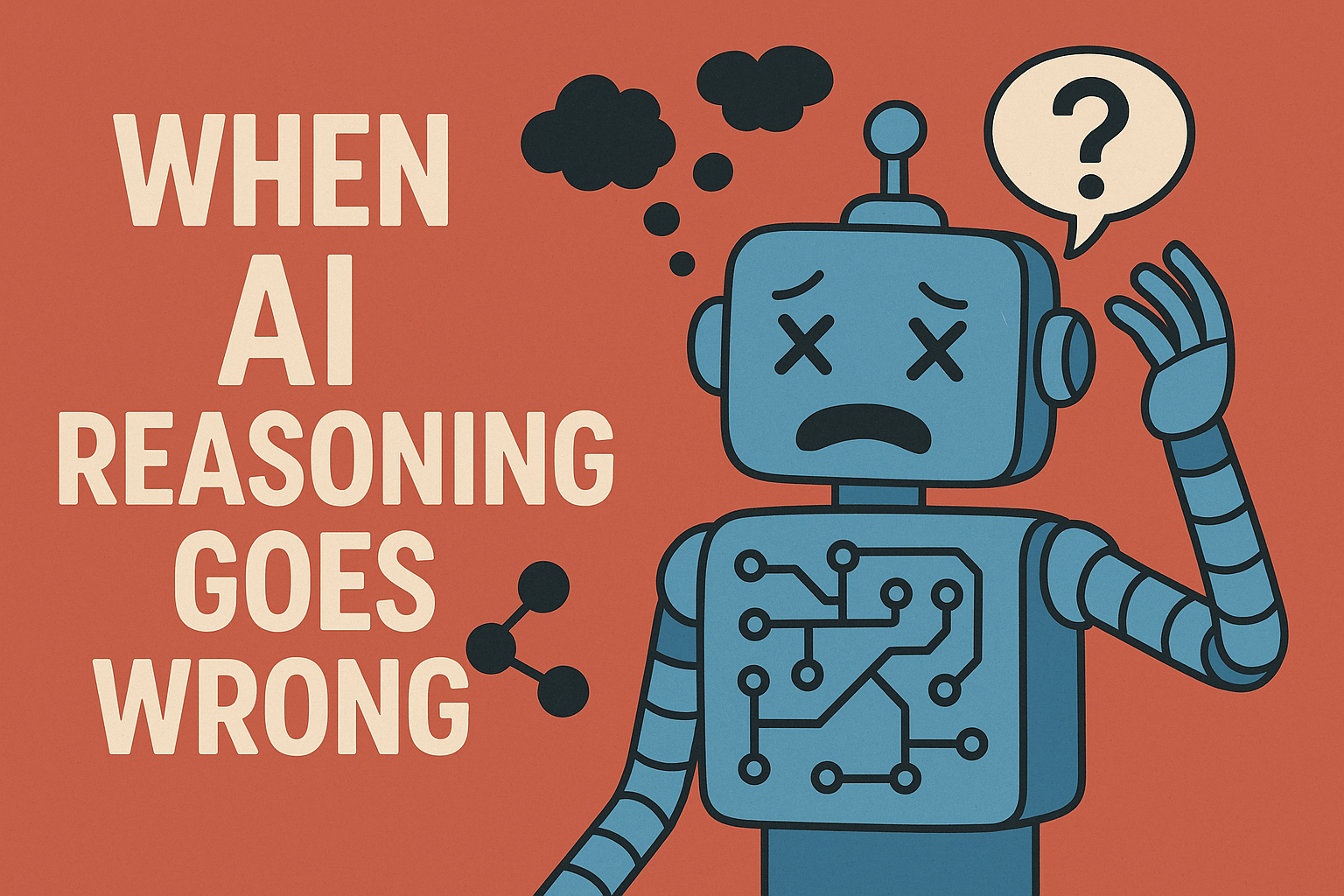The Pitfalls of AI Scaling: More Isn’t Always Better
The race to develop more powerful AI models has led to a focus on scaling – bigger models, more data, and increased computational power. But a recent study highlights a critical issue: simply increasing the number of tokens or lengthening reasoning chains doesn’t necessarily translate to improved AI reasoning. In fact, it can sometimes exacerbate existing problems.
The Problem with Token Overload
The prevailing assumption has been that larger language models, capable of processing more tokens (pieces of text), inherently possess superior reasoning capabilities. This assumption is being challenged. While increased token capacity can be beneficial for certain tasks, it doesn’t automatically guarantee better performance in complex reasoning scenarios. The study reveals that longer reasoning chains, while seemingly more sophisticated, can actually introduce more errors. This is because the model can lose track of the core logic or get bogged down in irrelevant details as the chain extends.
Compute Isn’t a Silver Bullet
Similarly, the belief that throwing more computational resources at a problem will inevitably lead to a better solution doesn’t always hold true in the realm of AI. While increased compute can enable the training of larger models and processing of vast datasets, it doesn’t address the underlying challenges of reasoning and logic. Throwing more compute at a flawed model simply amplifies the flaws.
The Need for Refined Approaches
This research underscores the importance of moving beyond simply scaling up existing models. We need more refined approaches that focus on improving the quality of reasoning, not just the quantity of data or compute. This includes developing new algorithms and architectures that are specifically designed to enhance logical thinking and problem-solving abilities in AI. Furthermore, a deeper understanding of how AI models reason, and where they are prone to errors, is crucial for developing more robust and reliable systems.
Kathmandu Codes Can Help You Navigate the Complexities of AI
Developing and deploying effective AI solutions requires expertise and a deep understanding of the latest advancements in the field. Kathmandu Codes can provide the guidance and support you need. We offer comprehensive services, including:
* **Custom AI Development:** We build tailored AI solutions to meet your specific business needs.
* **AI Consulting:** Our experts can help you navigate the complexities of AI, from strategy to implementation.
* **Training and Education:** We empower your team with the knowledge and skills to leverage the power of AI effectively.
Contact Kathmandu Codes today to learn how we can help you harness the true potential of AI. Don’t just scale – innovate.

